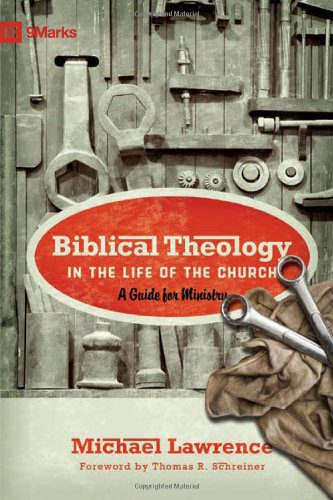In a previous post, I list three ways not to interpret the Bible. Today, I’ll mention the final two in my list. People commonly use these problematic methods of interpreting Scripture. 4. Dogmatic This is extremely common. This so-called way of interpretation is anything but genuine exegesis (i.e. discerning the meaning from the text). In short, readers assert, “This is what the Bible means.” Then, they proceed to find passages that confirm and correspond with their assumed interpretation. One of... Read more

















